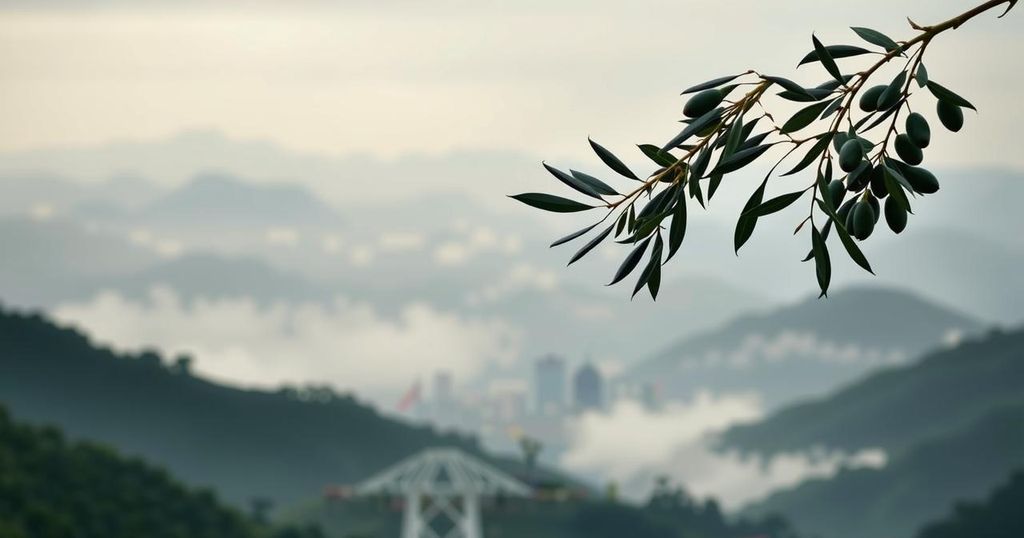Nearly 3,000 deaths have been reported due to fighting between M23 rebels and the Congolese army in Goma, with significant humanitarian crises emerging. U.N. officials are working to recover bodies and provide assistance, but overcrowding at peacekeeping sites raises health concerns. The M23’s control of Goma complicates operational dynamics, while accusations of external support amplify existing tensions.
A senior U.N. official reported that approximately 3,000 individuals have died in ongoing conflicts between M23 rebels and the Congolese army in the eastern city of Goma. Vivian van de Perre, the deputy head of the U.N. mission in the DRC, revealed that U.N. teams are engaged in recovering bodies, with over 2,000 already retrieved and 900 more in morgues. Van de Perre noted concerns over possible epidemics due to unresolved issues with decomposing bodies in numerous areas.
The M23’s resumption of hostilities in January resulted in them allegedly capturing Goma, the capital of North Kivu province, which has led to significant civilian displacement. Accusations of Rwandan support for M23 have been made by the DRC government, which Rwanda refutes, while Rwanda claims the DRC collaborates with the FDLR insurgents.
Van de Perre stated that Goma remains firmly under M23 control, with the government designating them as a terrorist group. The ongoing violence has caused widespread suffering and humanitarian crises, with nearly 2,000 civilians seeking refuge at U.N. bases that are now overcapacity, risking public health due to unsanitary conditions.
Basic utilities like water and electricity were affected during the fighting, although they have been partially restored. Prices in local markets have surged, and U.N. peacekeepers have restricted movement by the M23, complicating their ability to operate effectively within the city.
Reports indicate that M23 is advancing toward Bukavu, heightening tensions as fighting escalates near key routes. The U.N. mission, known as MONUSCO, is in the process of withdrawing from South Kivu at Kinshasa’s request, raising concerns over civil and humanitarian access at vital facilities like Kavumu airport.
The situation in the Democratic Republic of Congo (DRC) has deteriorated due to ongoing conflicts involving the M23 rebel group and the national military. Since the renewal of violence in January, Goma, a crucial city in North Kivu province, has seen significant civilian casualties and displacement. International dynamics play a role, with accusations between the DRC and Rwanda concerning support for rebel factions fueling the conflict. The humanitarian situation is exacerbated by utility outages and overcrowded conditions in U.N. peacekeeping facilities. Increased violence has triggered fears of disease outbreaks and has disrupted essential services in the region. U.N. and humanitarian efforts are severely challenged amid escalating tensions as M23 seeks to extend its control.
The ongoing conflict in Goma has led to significant casualties and a rising humanitarian crisis, with nearly 3,000 reported deaths. The M23’s control over the city complicates the response from U.N. peacekeepers and exacerbates living conditions for displaced civilians. Political tensions between the DRC and Rwanda further complicate the security landscape. Vigilance is necessary as the conflict evolves, especially with potential advancements toward other key cities like Bukavu.
Original Source: www.voanews.com






